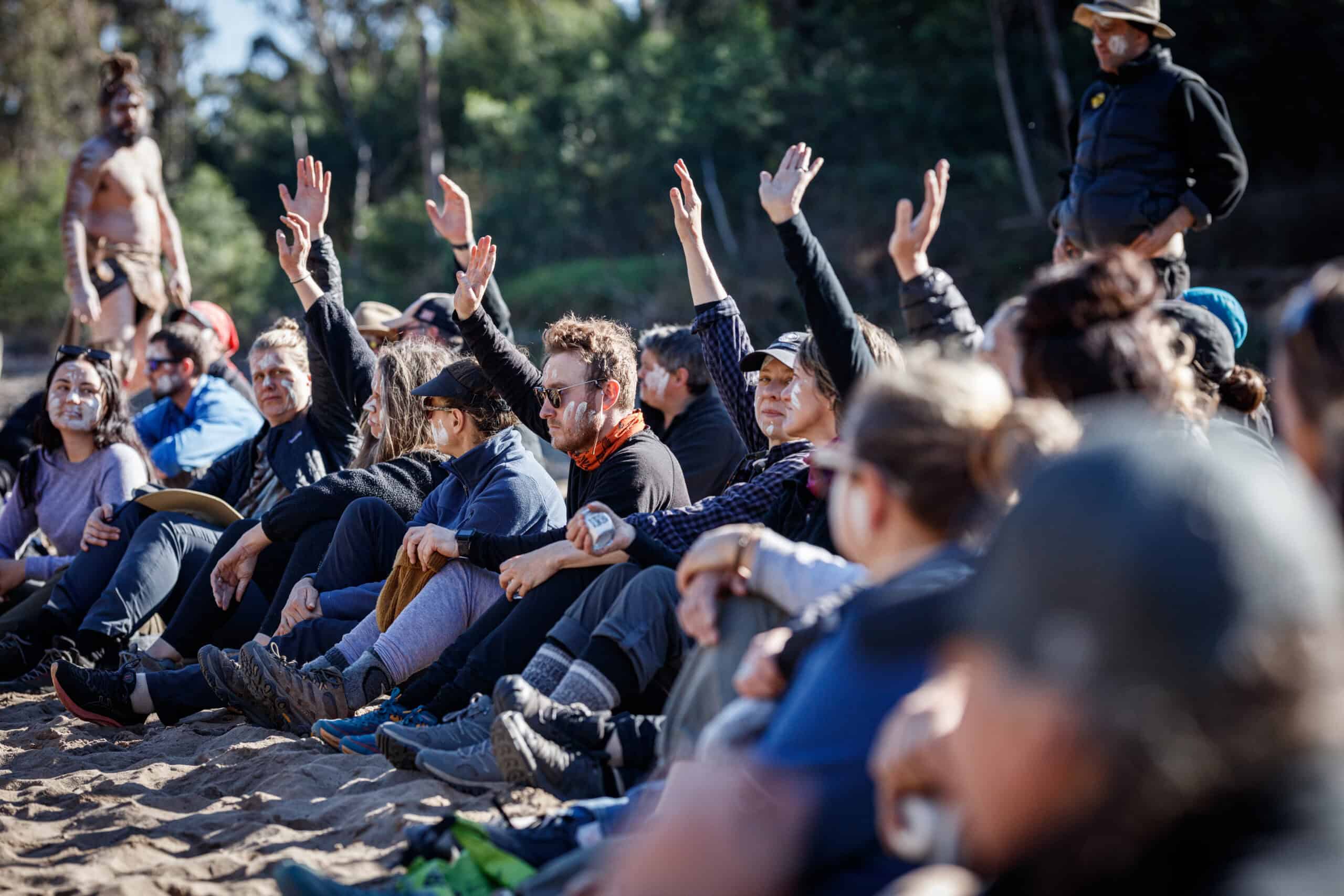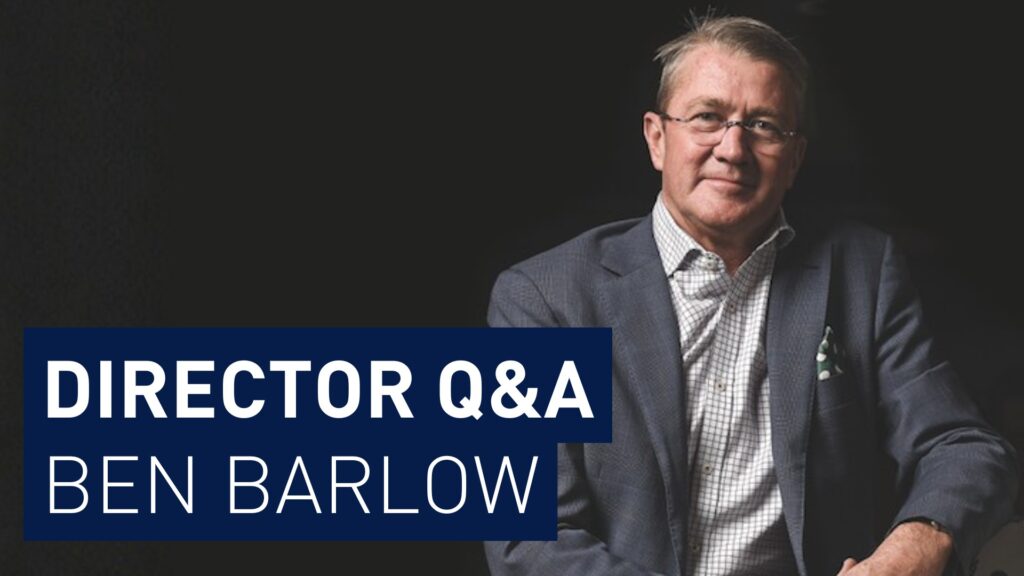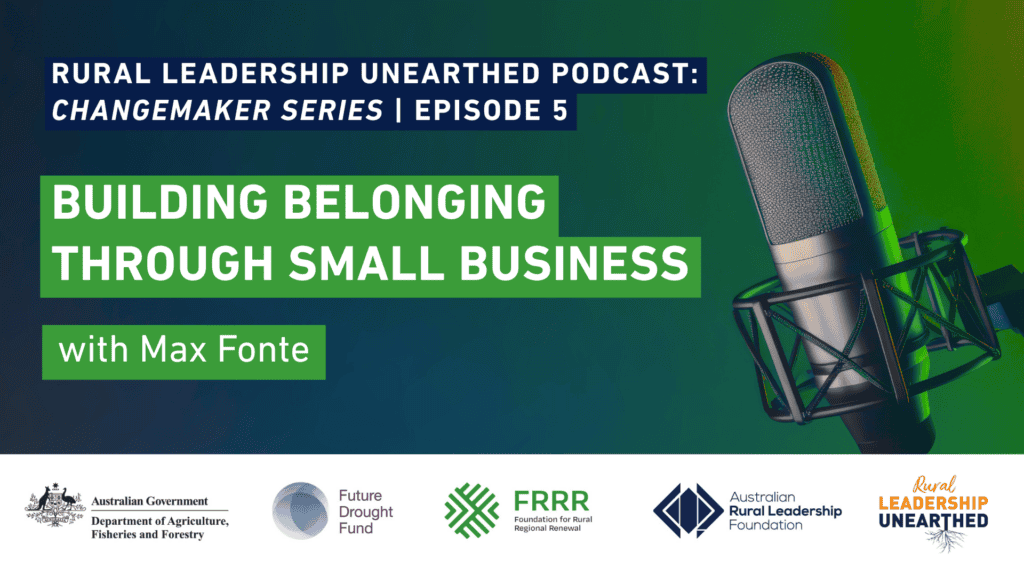In the ever-evolving landscape of 2025, businesses, especially those in rural, regional, and remote (RRR) communities, are increasingly turning towards decentralised leadership models. This approach is not just a trend; it’s becoming essential as organisations strive to remain agile and responsive to rapid changes such as technological advancements, remote working structures, shifts in global markets, and environmental challenges. For businesses (or any organisations or groups) working in these areas, understanding and implementing a decentralised leadership model can significantly enhance their resilience and effectiveness.
The rise of decentralised leadership
Decentralised leadership – distributing decision-making powers across various levels of an organisation – addresses several contemporary challenges. It fosters quicker decision-making, leverages diverse viewpoints, and enhances employee engagement by empowering individuals to take initiative.
At its core, decentralised leadership relies on a foundation of trust, as organisations must invest confidence in their staff to make informed decisions. This trust not only benefits the organisation by unlocking the full potential of its team but also directly impacts the workforce. When staff feel empowered, valued, and able to make a meaningful impact, they are more likely to remain engaged and committed, positively influencing staff retention.
But what does this shift mean for organisations managing teams in RRR communities? It implies a fundamental change in how leadership capabilities are developed and supported within their teams, ensuring trust and empowerment become central to organisational culture.
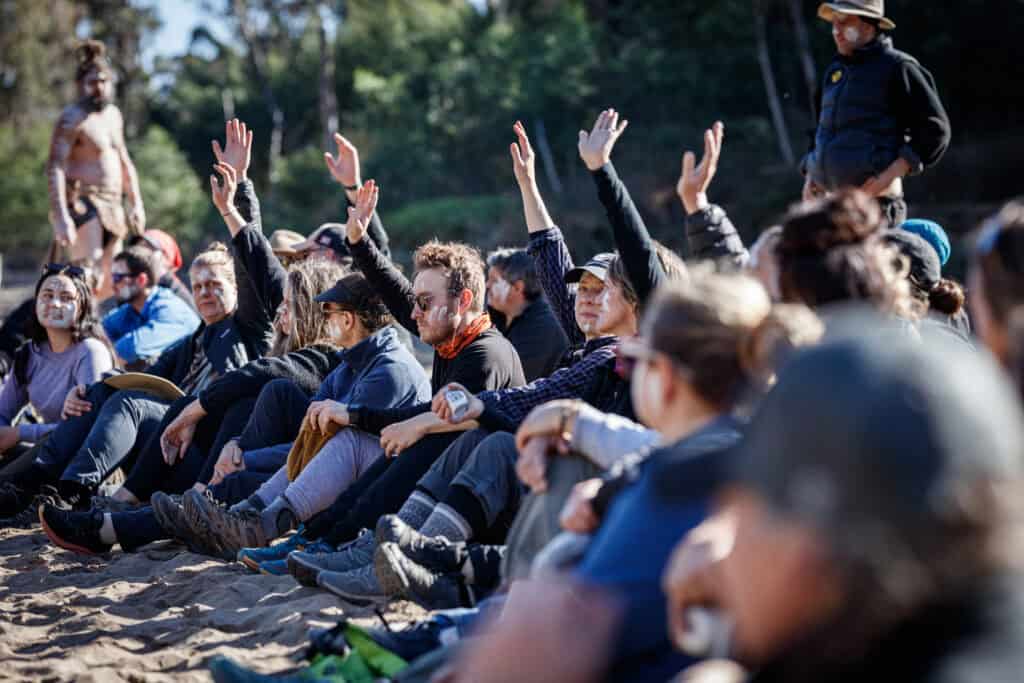
Understanding ARLF and its impact
The Australian Rural Leadership Foundation (ARLF) has been pioneering leadership development in rural, regional, and remote Australia for over 32 years. Delivering over 150 programs, we have shaped nearly 3,000 alumni who significantly impact their communities and industries. Our long-term partners include Telstra, our valued research and development corporations, State and Federal Governments, Prime Super, Westpac, Elders among others. ARLF offers six varied leadership programs ranging from 5-day to 15-month courses, blending in-person and online learning to accommodate diverse needs and ensure flexibility. This approach equips both emerging and established leaders with enduring skills, ready to lead in dynamic environments.
Leadership across all levels
The ARLF holds a core belief that leadership should not be confined to traditional roles at the top of an organisational hierarchy. Instead, we advocate for a model where every team member has the opportunity to engage in leadership, reflecting the realities of today’s dynamic workplace environments. At the heart of this philosophy lies the importance of trust. Decentralised leadership thrives on a culture where trust is not just given but actively nurtured, allowing team members to feel empowered and supported in their decision-making.
We know from our program work that trust builds confidence, encourages initiative, and fosters a sense of ownership among staff, enabling them to operate autonomously and contribute effectively without the need for constant supervision, something which is integral to remote and decentralised teams. The ARLF’s learning approach is designed to empower people at all levels to take on leadership roles, ensuring that leadership becomes a shared responsibility rather than a solitary position. This is particularly beneficial during times of crisis where flexibility and swift decision-making are prized, enabling team members to handle challenges directly and innovate without waiting for top-down instructions.
Lauren Ganley, a graduate of the 15-month Australia Rural Leadership Program (ARLP) and Head of Telstra’s First Nations Strategy and Engagement said it best in her reflection. “I didn’t realise that leadership was going to manifest in that way. I’d always thought about leadership as someone in the government or the shire, not someone like me. I very quickly realised you need it for the projects that I work on.”
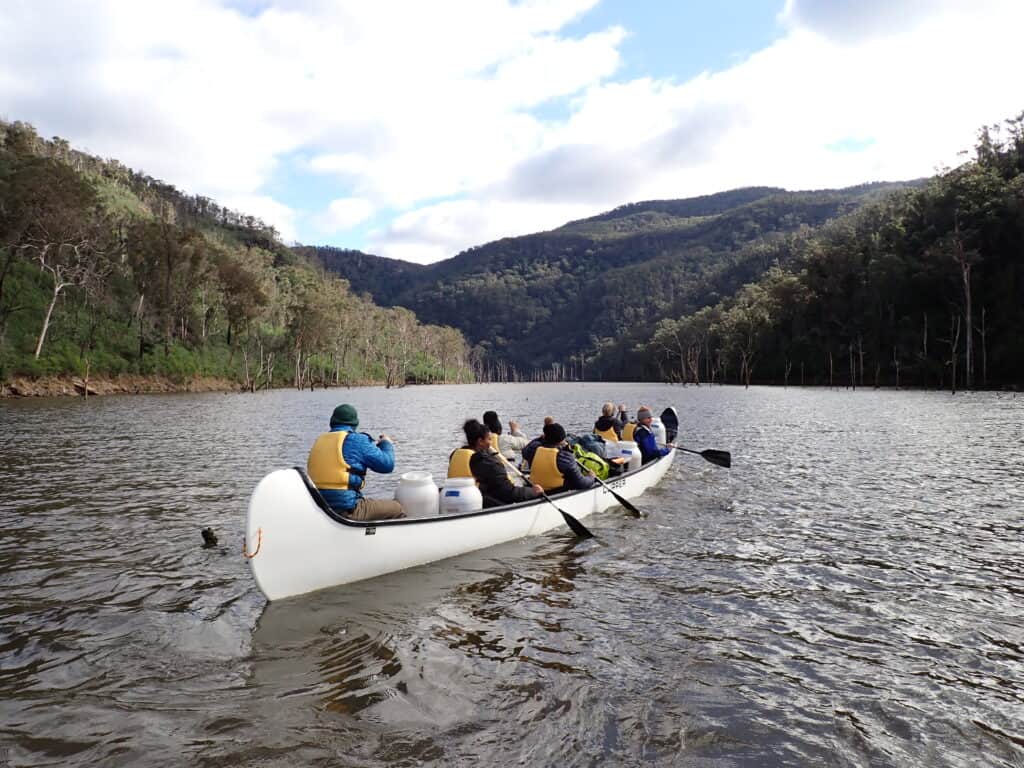
Going beyond the screen
During the pandemic-induced shift to online environments, the ARLF remained committed to our hands-on learning experiences. Our programs immerse participants in real-life scenarios that closely resemble the actual challenges they face daily in their professional environments. These scenarios include mastering complex conflict resolution, recognising and addressing unconscious biases, and refining skills in active listening and providing constructive feedback.
We believe this method goes beyond theoretical learning; it embeds crucial skills through intense, practical application. Our programs are designed to push participants beyond their comfort zones—an essential step for both personal and professional development. Participants engage in physically demanding activities combined with rigorous classroom exercises, challenging them to confront and overcome personal limitations and biases within a supportive framework.
Guided by a network of world-class facilitators, each learning experience is challenging yet safe , offering a level of engagement that classroom-based training simply cannot match. Adam Arndell, co-owner of C7EVEN Communications and another one of our alumni, describes the experience as being “constantly challenged to be comfortable with being uncomfortable… This growth could quite easily have been missed, but we worked hard and were accountable to the challenges of making it happen.”
We believe this approach of multi-faceted challenges – physical, intellectual and emotional, ensures a comprehensive development experience that profoundly impacts participants’ leadership capabilities.
Soft skills for social cohesion
Increasingly, we are hearing from our partners that people and behavioural skills – known as soft skills (although there is nothing ‘soft’ about them) – for social cohesion are crucial in their adoptions of decentralised leadership models. These skills are critical in ensuring that diverse individuals can work together effectively, irrespective of their roles within their teams. The ARLF is guided by our core value to embrace diversity of views, perceptions, backgrounds and cultures – something that plays out in our recruitment process, attracting a wide array of participants that represent the diverse makeup of regional communities. This includes a significant presence of culturally diverse participants, enhancing the learning environment with a variety of cultural perspectives. By nature, our programs are inclusive, welcoming participants from all states and territories, aged 18 to 65+, and from sectors including education, mining, agriculture, the arts, healthcare, tourism, and manufacturing.
Each program’s cohort reflect the diverse fabric of RRR Australia and provide practical scenarios to help participants skilfully navigate workplace challenges.
Amanda Johnston, CBH Group Accumulations, Product and Services Manager and ARLF alum, shares her perspective on this in a recent case study saying “The biggest gift the course gave me was the ability to come together with different people from across Australia, from all different industries and communities. Being a young female who grew up on a farm, it boosted my confidence to speak with diverse groups and inspired me to embrace new challenges.”
Her experience underscores how we focus on cultural safety and diversity not only fosters personal growth but also bolsters participants’ confidence in engaging with a broad spectrum of stakeholders and challenges.
Tailored solutions for RRR Australia
As 2025 unfolds, the imperative for decentralised leadership for RRR businesses is clear. Partnering with ARLF doesn’t just prepare organisations for the future; it actively involves them in shaping it. Dr. Ben Gursansky, head of Telstra’s Rural and Regional Affairs, said it perfectly, “If any company or industry group is thinking about sponsoring an ARLF participant, then I would absolutely recommend it; particularly for those with a vested interest in the future of regional, remote, and rural Australia. These partnerships are building the future leaders we need.”
If your organisation is interested in building capacity in decentralised leadership practices, please do get in touch to see how the ARLF may be able to help.


